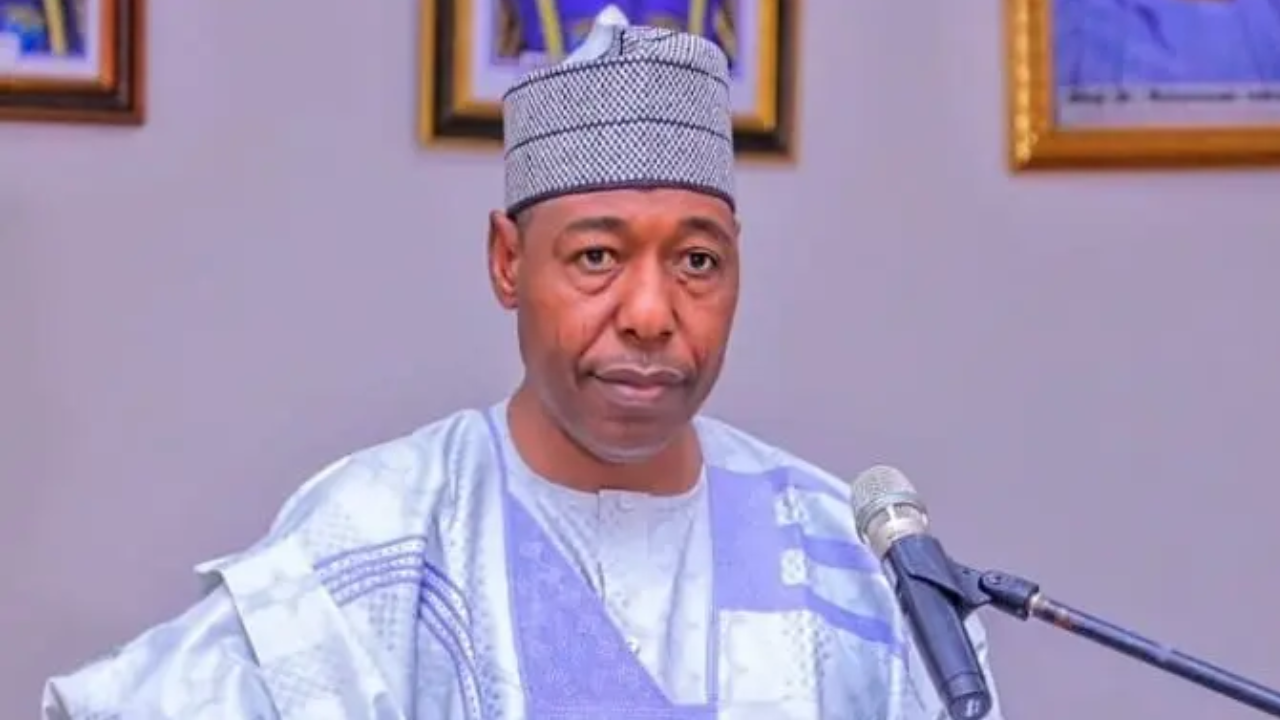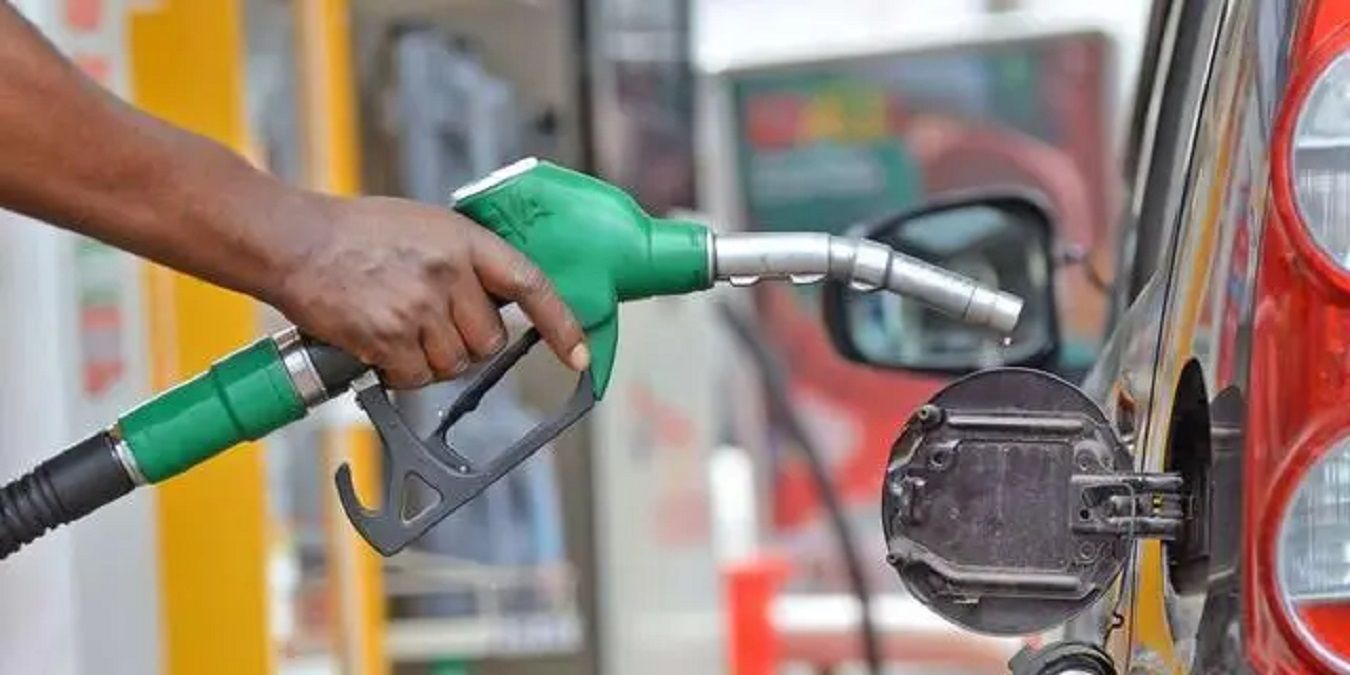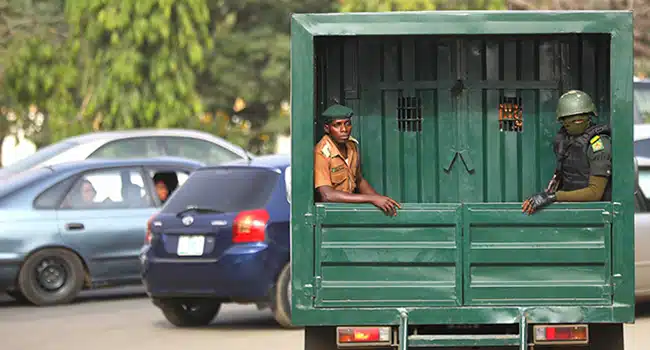In a marked departure from its historical position, France moved on Tuesday to recognise Morocco’s sovereignty over the disputed Western Sahara, dealing a blow to the Algeria-backed Polisario Front, which claims it is an independent state.
This development has shifted Franc’s decades-old position, adding itself to a growing list of countries to align with Morocco as a United Nations-mediated peace process remains stalled.
In a letter to King Mohammed VI, France’s President Emmanuel Macron called the plan that Morocco proposed in 2007 to offer the region limited autonomy under its sovereignty the “only basis” to solve the conflict. The shift deals a blow to the pro-independence Polisario Front, which has for decades claimed to be the legitimate representative of the indigenous Saharawi people.
“The present and future of Western Sahara fall within the framework of Moroccan sovereignty,” Macron wrote in a letter made public on Tuesday. “France intends to act consistently with this position at both national and international level.”
France’s departure from its historic position is a major victory for Morocco and follows similar shifts from the United States, Israel, Spain and a growing list of African nations with which Morocco aims to deepen trade ties.
As the former colonial power in the region, France has walked a diplomatic tightrope between Rabat and Algiers on the Western Sahara issue, which has been in dispute since 1975.
Responding to Paris’s diplomatic shift, Algeria on Tuesday said it was withdrawing its ambassador to France.
“The Algerian diplomatic representation in France is now the responsibility of a charge d’affaires,” the Algerian foreign ministry was quoted as saying by the official news agency APS. The ministry denounced Macron’s statement as a “step that no other French government had taken before.”
Algeria took similar measures against Madrid when Spain backed Morocco’s autonomy plan in 2022.
Algeria said further that France had made it aware of the policy change in the days leading up to the announcement and called Morocco and France “colonial powers, new and old.”
“The French decision is clearly the result of a dubious political calculation, a morally questionable judgment and legal interpretations that are neither supported nor justified,” Algeria’s Ministry of Foreign Affairs said in a statement last week.
The Polisario’s Mohamed Sidati accused France of acting at odds with international law and backing Moroccan expansionism as its influence wanes throughout Africa.
“Whatever hardships Morocco tries to impose on us with the support of France, the Sahrawi people will continue to stubbornly defend their rights until they obtain the definitive departure of the Moroccan aggressor from their territory and general recognition of the legitimacy of their struggle for self-determination and independence,” Sidati, the Foreign Minister of Saharawi Arab Democratic Republic, said in a statement.
While the UN has long recognised the Polisario Front as the legitimate representative of the Saharawi people, efforts to hold a referendum to resolve the Western Sahara crisis have stalled for decades.
In 1991, the UN brokered a cease-fire and established a peacekeeping mission to monitor the truce and help prepare a referendum on the territory’s future. Disagreements over who is eligible to vote prevented the referendum from taking place.
Morocco has long sought recognition of its claim from its other nations, while the Polisario has prioritized fighting legal battles to assert its right to represent the people and territory. Sporadic violence has ensued since the Polisario renewed armed conflict in 2020, ending a 29-year truce.
The dispute dates back to 1975, when the Moroccan government and military staged what it called a Green March as Spain was preparing to withdraw from its northwest African territory as part of the de-colonisation process. Morocco’s annexation sparked a conflict with the Algerian-backed, pro-independence Polisario Front.

 3 months ago
6
3 months ago
6















 English (US) ·
English (US) ·